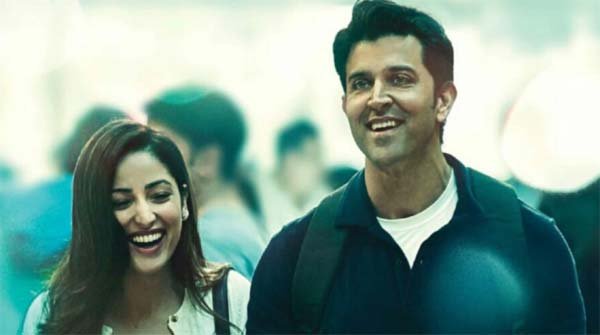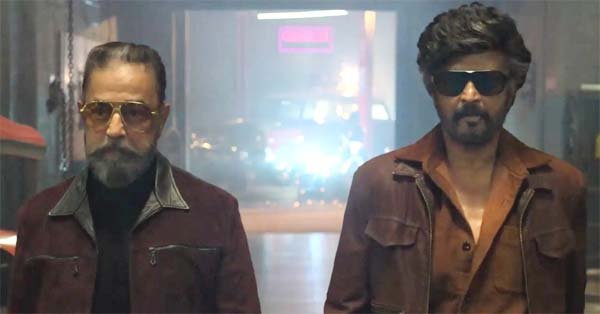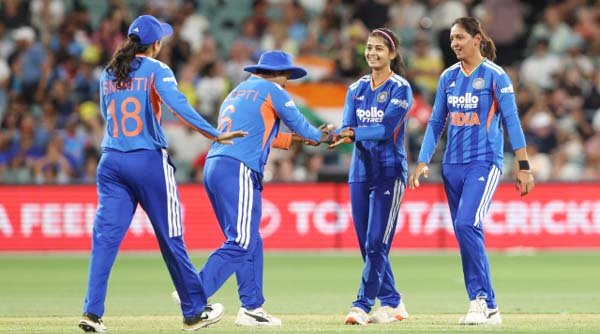New Delhi, Aug 12 (UNI) The Supreme Court today indicated that the constitutional right to form an association cannot be curtailed merely because a person has been disqualified from certain statutory rights, while hearing a petition seeking a blanket ban on convicted individuals from forming political parties or holding top posts in them.
A Bench comprising Justice Surya Kant and Justice Joymalya Bagchi was dealing with a PIL filed in 2017 by advocate Ashwini Kumar Upadhyay.
The petition challenges what it calls a “loophole” in Section 29A of the Representation of the People Act, 1951, which governs the registration of political parties.
The plea asks whether the Election Commission of India (ECI) can refuse recognition to parties headed by persons convicted of serious crimes.
Arguing in person, Upadhyay pointed out that while convicted persons lose the right to vote or contest elections, the law does not stop them from starting political parties even from prison, and influencing national governance. He argued that this has allowed many leaders with serious criminal backgrounds to remain at the helm of party affairs.
Among those convicted in the past and still holding senior political positions, the petition named Lalu Prasad Yadav convicted in multiple fodder scam cases; Om Prakash Chautala ,convicted in the teachers’ recruitment scam; VK Sasikala, convicted in the disproportionate assets case.
It also cited several leaders with serious charges framed against them, including Suresh Kalmadi, A. Raja, Y.S. Jagan Mohan Reddy, Madhu Koda, Ashok Chavan, Akbaruddin Owaisi, Kanimozhi, Adhir Ranjan Chaudhary, Virbhadra Singh, Mukhtar Ansari, Mohammad Shahabuddin, Suraj Bhan Singh, Anand Mohan Singh, Mulayam Singh Yadav, Mayawati, and Brijesh Singh.
Justice Kant, in the course of the hearing, posed a hypothetical: “If Parliament passes a law tomorrow that no person above 80 years can hold public office, can such a person also be barred from leading a political party?”
He noted that while election law reforms can be proposed by expert commissions, implementing such changes remains the prerogative of Parliament.
The Court observed that the central issue was whether it could direct that, despite Article 19 guaranteeing the right to form associations, a person could be barred from forming a political party solely due to disqualification from voting.
The Union Government, in its affidavit, opposed the PIL, maintaining that the appointment of party leaders is an internal matter and that the ECI lacks legal authority under Section 29A to deny or cancel registration based on the criminal record of office-bearers.
The Centre added that broader electoral reforms have been referred to the Law Commission, whose 255th report discussed party regulation but made no specific recommendation on amending Section 29A in this regard.
The matter will be heard on a later date.











